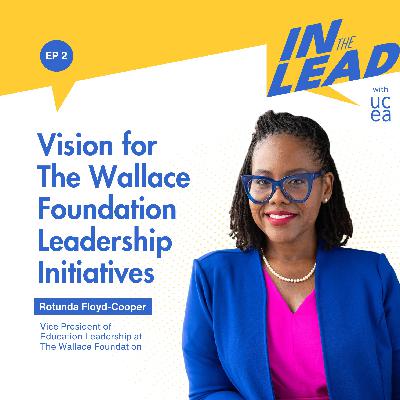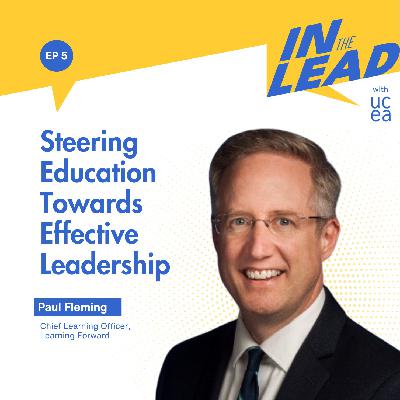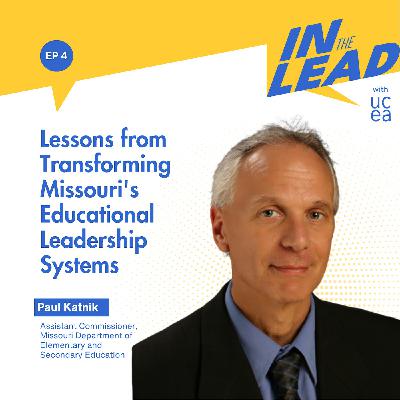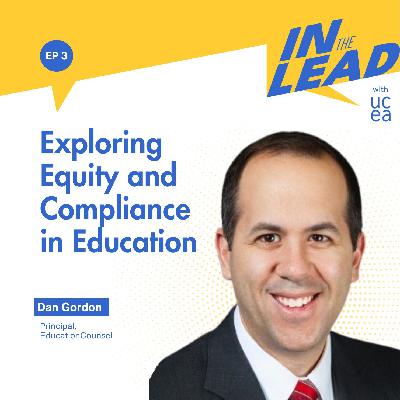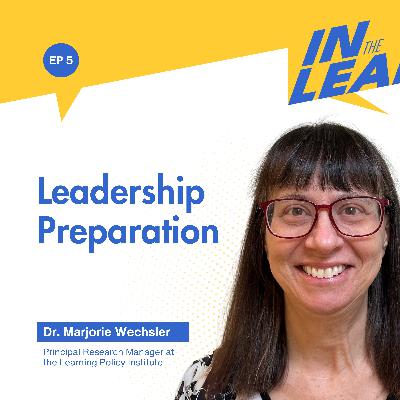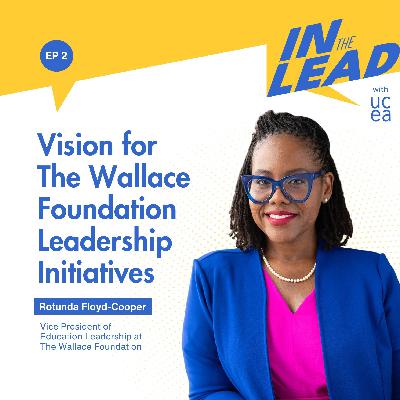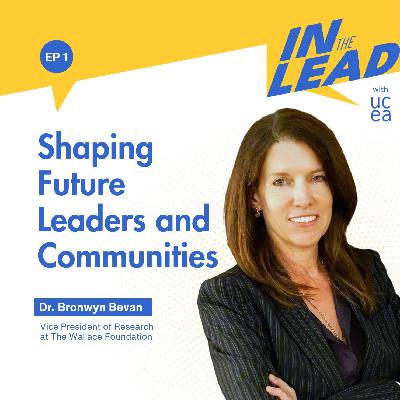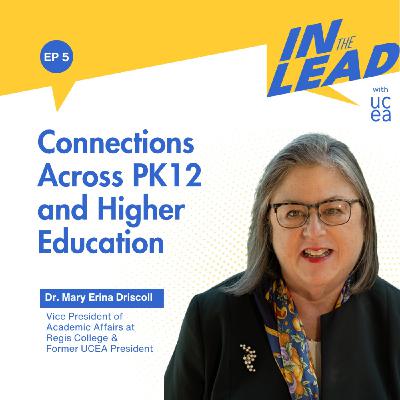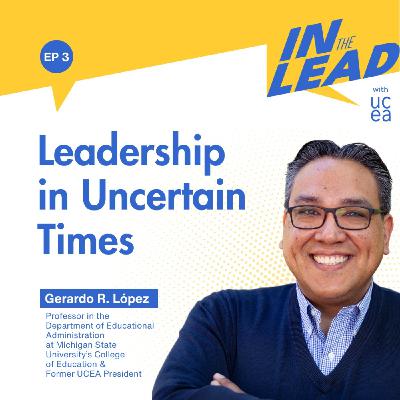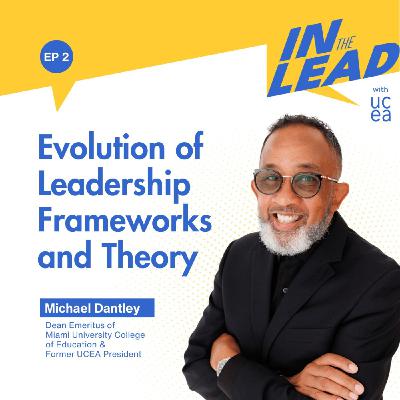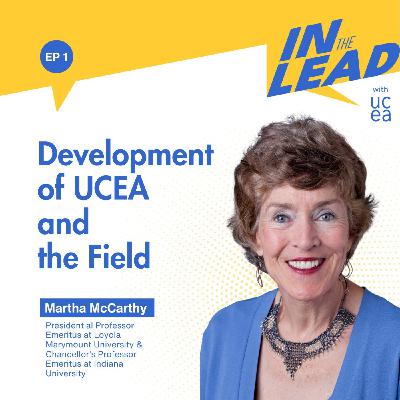Rethinking Assistant Principal Roles with Ellen Goldring
Description
In this episode of In the Lead with UCEA, Executive Director Dr. Mónica Byrne-Jiménez talks with Dr. Ellen Goldring, Patricia and Rodes Hart Professor of Educational Leadership in the Department of Leadership, Policy and Organizations and Vice Dean from Peabody College Of Education and Human Development at Vanderbilt University, about the report she was lead author on, ‘The Role of Assistant Principals Evidence and Insights for Advancing School Leadership,’ and in what ways the AP role could make more powerful contributions to educational equity, school improvement, and principal effectiveness.
They discuss the increasing number of AP roles and the growing complexity of their roles in educational leadership. Ellen explores the shift from their traditional image as disciplinarian to their important roles in community building and leadership development. The discussion also delves into disparities in career advancement for assistant principals, particularly among educators of color and women, and underscores the importance of mentorship and equitable opportunities for leadership progression.
Submit your takeaways and/or questions here: forms.gle/qFEL3BMUfJnBdMoP9
In the Lead with UCEA is produced by University FM.
Episode Quotes:
Data uncovers the dramatic increase of assistant principals, expanding sixfold compared to principals.
I think the first thing that was just really, really surprising, and we had no idea using national data was the extent to which the number of APs has increased over time. I don't think anyone anticipated that, or certainly we didn't. So the first thing that we found is, Wow, this is a role that's being implemented in schools more and more, and in fact, we estimated that the APs have grown more than six times as fast as the number of principals, from 1990 up to 2015.
Has the role of assistant principals changed over time?
09:36 The literature review suggests that [the roles has] probably overemphasized that assistant principals do student discipline, because as we know, student discipline doesn't happen in a vacuum. And I think, in many ways, it is much more related to the instruction of the teacher and how the teacher is being mentored and supported to engage students in teaching and learning and how the students are being addressed in the classroom. So, separating out student discipline as separate from mentoring of teaching and coaching of teaching is a little problematic. One of the things we talk about a lot in the report is, how are we conceptualizing roles? And how do we think about roles when there's so much interconnection in practice? And we might want to think about this a little bit differently.
The misalignment of feedback and evaluation for assistant principals.
19:47 Most states evaluate assistant principals on the same rubric as principals, and how that's handled is very variable. Some districts say, “Well, if you're assistant principals, you can't be exemplary because that's only for principals.” So you're starting out and you get to a certain threshold. Others include the assistant principal in the principal's overall school evaluation. It depends on the rubric. And what is often the case, though, in both of these scenarios is how misaligned feedback and evaluation is for assistant principals to the work that they're actually doing. So, why am I bringing that up now? I think there's also very few states, and we talked about this in the report, that have differential licensing and differential certification processes. A few do. We have no research on whether these differential certification processes or licensees somehow bring a different outcome or more people into the profession or it's developmental approach. That's a whole area that needs work. But what I think is important is that we consider the unique roles and responsibilities that assistant principals do that are distinct from principals, and this gets into the pipeline work.
Show Links:
Recommended Resources:
Guest Profile:



